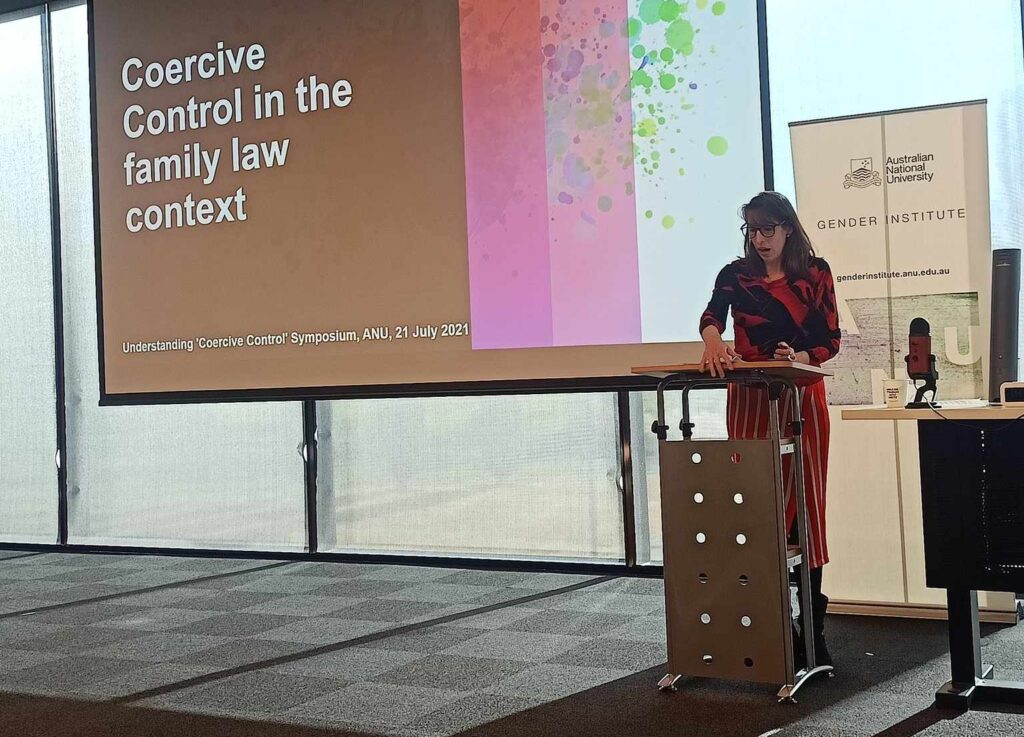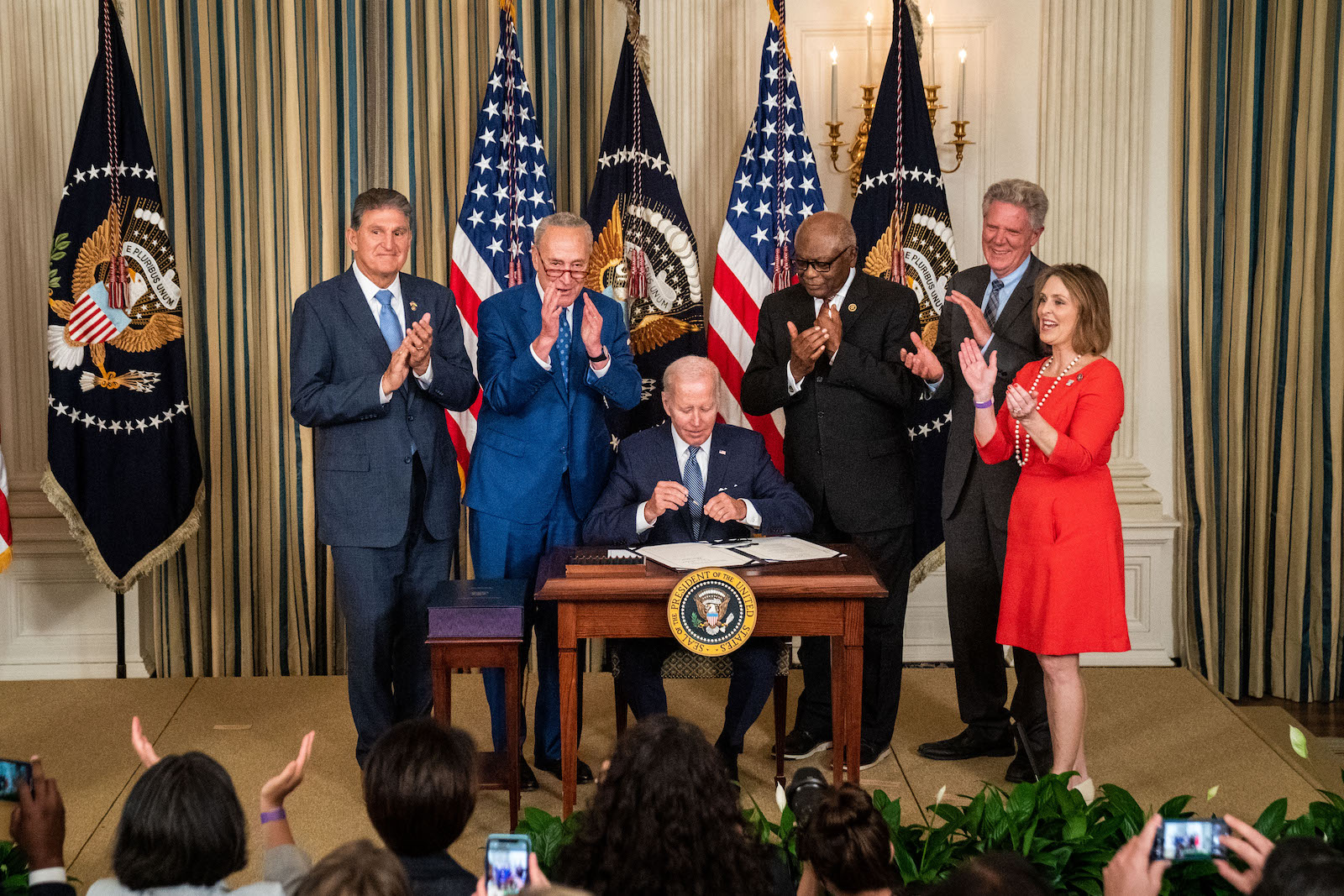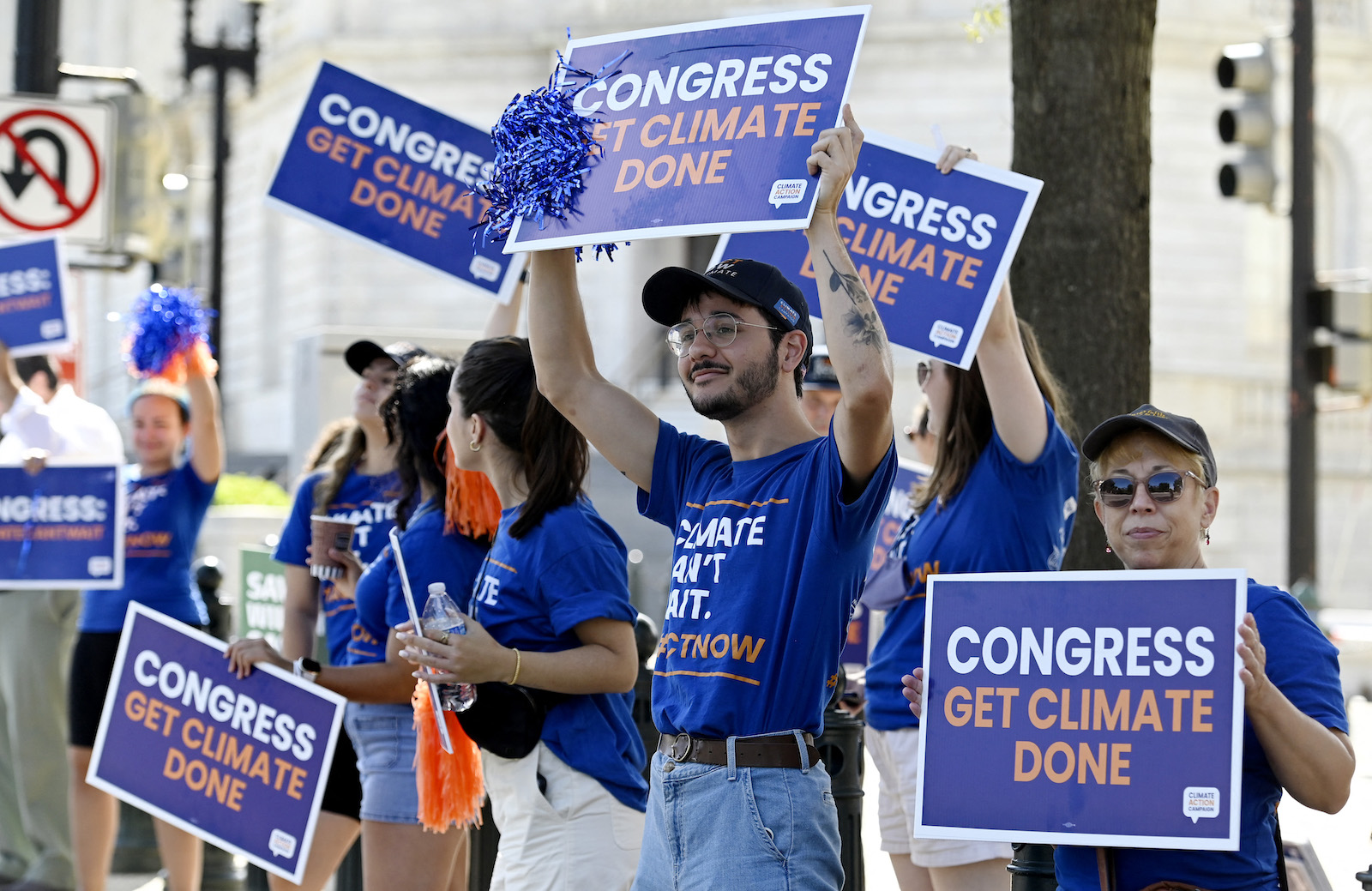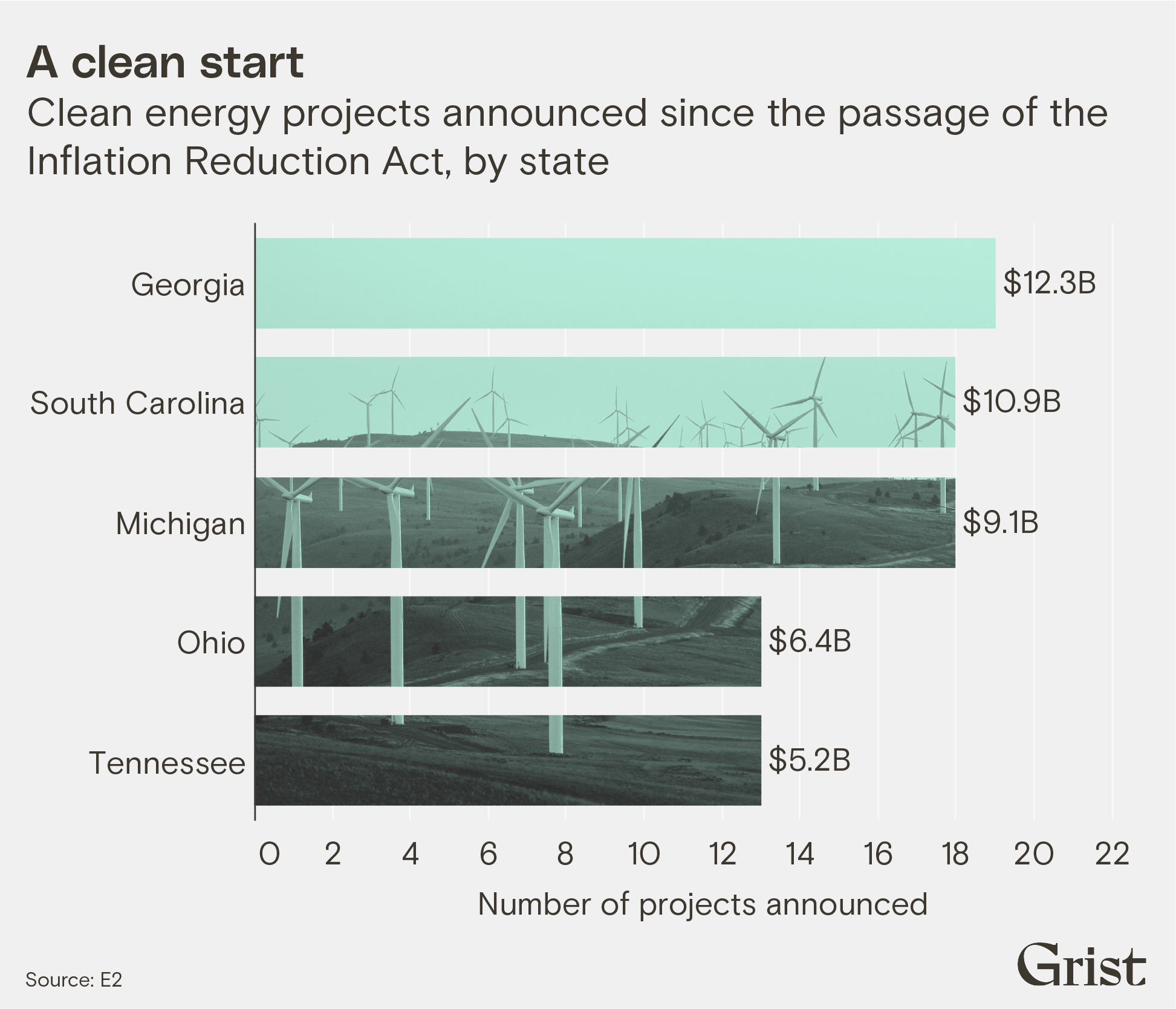Janine Jackson interviewed New Disabled South’s Kehsi Iman Wilson about the Americans with Disabilities Act for the August 25, 2023, episode of CounterSpin. This is a lightly edited transcript.
CounterSpin230825Wilson.mp3
Janine Jackson: July 26 marked the 33rd anniversary of the Americans with Disabilities Act. The 1990 law intended “to provide clear, strong, consistent, enforceable standards addressing discrimination” against individuals with disabilities.
The occasion connected with some serious, multi-layered stories, including news of a critical ruling that the state of Florida has been violating the rights of children with complex medical needs by keeping them institutionalized when they could be living in community.
A sizable admixture of stories, though, were reports on buildings or spaces coming into compliance with the ADA—as though complying with a 33-year-old law was a feel-good story, and despite a relative absence of feel-bad stories about decades of noncompliance.
But more, what is lost when the public conversation around disability justice revolves around the ins and outs of abiding by law, rather than a bigger, deeper vision of a world we can all live in?
Kehsi Iman Wilson is co-founder and chief operating officer of New Disabled South. She joins us now by phone from Tampa, Florida. Welcome to CounterSpin, Kehsi Iman Wilson.
Kehsi Iman Wilson: Thanks so much for having me, Janine.
JJ: In his official proclamation around the ADA’s anniversary, Joe Biden said the sort of thing politicians say:
It is hard for younger generations to imagine a world without the ADA, but before it existed, if you were disabled, stores could turn you away and employers could refuse to hire you. Transit was largely inaccessible.
Now, he goes on to note ways that disabled people are still discriminated against, but that lead, that opening, reflects the way many media, certainly, talk about the ADA, that it was sort of night-to-day, and now we just need to incrementally build on it.
But it doesn’t require undermining the work that went into the ADA to suggest, as you do in a recent piece for In These Times, that that is maybe just not the most useful way of thinking about that act.
KIW: It’s the same to me, it‘s as ridiculous as the frame we hear, like, “Oh, because we had a Black president in Barack Obama, somehow we’re in a post-racial society,” or “racism is over.”
In no social movement is a victory, whether minor or major, an indicator that there need be no additional social movement—or political movement, for that matter.
And when we’re talking about disability—disability rights, disability access, certainly disability justice—so much of the real, lived experience of disabled people contradicts a lot of President Biden’s opening statements.
For example, when you talk about “couldn’t imagine a world where there was inaccessible public transit”—there’s still inaccessible public transit for the majority of disabled people. And unless you can afford, you’re in the privileged few who can afford, paratransit services where they’re accessible, where you live, things even as basic as access to sidewalks is still a major issue.
We’re dealing with so many infrastructure issues in this country, and as we know, any issue doubly or triply impacts disabled people.
JJ: Well, what did the ADA do?
KIW: I’ll attempt my best brief answer of that, but as the title of my piece for In These Times stated, the ADA is the floor, not the ceiling. Similar to the Civil Rights Act, similar to the Voting Rights Act, it got the issue on the map, whereas before—one thing that’s a little bit more accurate in President Biden’s remarks—yes, it was not codified in law, anti-discrimination.
But as most regular citizens, I think, and certainly those of us who are directly impacted by any of the laws I just named, or any law for that matter, law has to be enforced, right? Law is only as good as the enforcement of the law, as the awareness of the law.
We’re still fighting battles across this country as it relates to the physical accessibility of buildings and spaces. So to answer the question briefly, again, it’s a starting point. It’s a good step, a huge step—not to discredit any of the work that went into getting this law passed—but it’s a starting point.
And the hope and dream was never that that be the end of the road, but that we would continue working as a country on materially improving the lives of disabled people day to day. And, unfortunately, a lot of that work is just not happening.
JJ: In terms of one of the many things that exist to be changed, that the law has not changed, I was shocked to learn that something as—I mean, I guess I wasn’t surprised—but that polling places, which are often in schools or older buildings, but the idea that the inaccessibility of places to vote was not a major issue, that that was sort of an afterthought for media.
And it’s kind of like, “Yeah, sure, you have the right to vote. You just can’t exercise it.” That seems to be one of the many undercovered or underexplored aspects here.
KIW: Oh my gosh, we could talk for hours about this. And my partner and co-founder Dom, he is really an expert when it comes to navigating the political realities and inaccessibility of voting.
But because of what you’ve named, this is a key part of our work at New Disabled South and New Disabled South Rising. Our (c)(4) arm is working to change media narratives around disabled people: Disabled people want to vote, have a right to vote and should be allowed to vote.
We’ve seen, and we continue to see, a spate of laws being passed across counties, across states, making it more difficult to access the ballot box. And we know things like—for example, getting rid of drop boxes, ballot boxes. I could spew off some statistics, but I’ll save that for another time. But when you do that, you are not only disenfranchising, effectively, large portions of people of color, of people who live in rural areas, but disabled people. And that’s not talked about.
And so for this reason, one of the key bodies of work that we are focusing on is passing disabled voter bills of rights in five states over the next five years. We want things like a guaranteed minimum number of accessible voting machines at every polling place. We want things like the right to turn in a completed absentee ballot at any polling location, or to be able to mail it in without having to purchase a stamp.
These things sound very basic in conversation, like the one you and I are having, but when you have laws that have been passed to criminalize some of these things, literally making it a felony, it effectively continues to disenfranchise disabled people.
And we’re not even yet talking about the very real barriers of transportation, being able to read materials and make sure they’re in a plain language and in a way that we can understand. So things like the right to assistance with voting, and more.
JJ: And it always is shocking to me that, even to the extent that journalists might say, “Oh yes, these polling places are inaccessible,” I don’t see the corollary piece where they say: “What happens when we don’t have the voices of disabled people in the vote? What does it mean to disenfranchise an entire community?” Which, as you are saying, is an intersectional community.
So it’s almost like it’s just a story about access, about curb cuts, and not about the political and social and economic and all of the impacts that come from cutting off the franchise.
KIW: Absolutely. And that’s why we can’t stop at conversations like law, or the ADA. We have to expand the conversation to address the intersecting realities and the intersecting barriers that disabled people are facing across this country.
Going into this next election year, we are poised to do some very powerful work. And first among that is letting people know, and this goes for progressive media outlets, progressive organizations, and of course folks on the other side alike, that disabled people are a voting bloc. We are engaged in politics and the issues that directly affect us.
And part of our work at New Disabled South is making sure that our community is educated about the policies, the laws, all of the things that are impacting us in our lived experiences day-to-day, and sharing information, power and resources so that we can continue to organize ourselves in increasingly effective ways, so that our voices can be heard and we can start to see real change.
JJ: I’m going to bring you back to media coverage in just a second, but I just wanted to say, the group is New Disabled South. The South is home to not just decades’ worth, but much present-day critical, deep, important organizing. And I wonder if you could speak for a moment about the particular meaning of the regionality of what you’re doing.

States that haven’t expanded Medicaid (Center for Budget and Policy Priorities, 3/3/23)
KIW: We know that many of this country’s disabled people are concentrated in the South, but we also know that the reality, when we talk about policies, laws, culture that is harmful to disabled people, a lot of that is concentrated in the South. A majority of states that have yet to expand Medicaid coverage, for example, are in the South.
And so the South has this unfortunate stigma, stereotype and reality of being a place that’s less progressive, less quick to move.
But I want to be clear, this is not because of the people in the South, right, that we are any less committed to progressive change. On the contrary, we know, with the South being the cradle of the civil rights movement, the birthplace of civil rights, and so much of the change we’ve seen in this country originating in the South, we have to do a better job of changing the narrative, and also the accountability piece.
And that is why we’re doing our work. We decided we’re all from the South, of the South, and this is a home for us. Dom and I both have concentrated our political work, organizing work, advocacy work on Southern communities.

Kehsi Iman Wilson: “If you’re talking about social justice issues, progressive issues, political issues, you need to be centering disability justice.”
And we know that there’s immense power here. And part of what we’re working to do is eliminate the barriers to mobilizing people who are equally as passionate about these issues, so that, again, as I said, we can start to see real change.
And we’re not willing to wait another 10 years for it. We want that change in our lifetime. We need that change now. People are literally perishing every day in the face of these laws and policies.
As you mentioned at the introduction, kids are languishing in nursing homes, in institutions. These are real live issues that are happening across the South every single day, and we are here to help mobilize our community, policymakers, change makers, especially those in progressive space, to know if you’re talking about social justice issues, progressive issues, political issues, you need to be centering disability justice as part of that conversation.
JJ: And we know that, first of all, it’s not just a matter, in terms of journalists, of media doing more stories that are centered on disabled people; it’s about finding the disabled people who are already in every story that you’re doing, right?
KIW: Love that.
JJ: You’re talking about police violence, you’re talking about voting, you’re talking about housing. All of that is a disability rights story. So thoughts about media coverage?
KIW: Yeah, I think you’ve said some great things, it’s a real call to action. One of our funders is New Media Ventures, and early on, we spoke about centering a focus to change media narratives.
So much of what is covered, when it comes to disabled people, the frame is one of fear or pity, which is also why we focus on disability justice and not simply disability rights, or even advocacy, which often centers a medical model, and what we call inspiration porn.
Disabled people are whole people, and we need to see the media focusing on stories that address that reality. And like you said, and I’ve never heard it said that way before, so I’m going to steal it, but it’s a matter of finding the disabled people who are already in the stories.
Nearly half of people killed by police in the United States have a disability. When you talk about the reform of the criminal/industrial complex, the prison/industrial complex, how often are we centering the lived experiences of the reality of the disabled people in those stories? Very rarely.
Which is why when I name statistics like that, or the fact that 55% of Black disabled men have been arrested at least once by the time they’re 28, people ooh and aw, like, “Wow, I had no idea.”
And I could go on, of course, right? And so it’s a matter of, again, shining a light on the fact that disabled people are people, and we exist as part of every community that is at discussion in any story that needs to be covered.
JJ: Absolutely. Well, I also wanted to say, as we both know so many stories, for example, are about the difficulties of complying with the ADA, and then there’s the whole other layer of stories about the greedy lawyers who are fighting for compliance just to shake down small business owners.
And we do see stories about the harms of inaccessibility, but what I want to say is, I feel like we virtually never hear about the beauty of universal access, the positive vision of what a world could look like.
It’s all like a fight between disabled people who want access and businesses, “Oh my god, it costs a lot to provide access.”
Where’s the vision? Where’s the vision of a world that could include all of us, if that’s not too big a question for you?
KIW: Oh, gosh, that’s a big question. But yeah, what you speak to is a lack of imagination that plagues the effectiveness of many of our movements. We create these false dichotomies, these binaries, these either/ors, and we don’t come to the table with the view of collective liberation, quite frankly, of what is possible.
And the reality’s that if it’s good for disabled people, it’s good for everybody. Not commodifying human bodies and extracting labor and disabling people in warehouse conditions—to avoid naming any particular companies that are some of the largest employers in America—that is beneficial for everybody.
And it speaks, also, to the type of work that you all do at FAIR.org; we know that we need reform, for lack of a better word, in terms of the media, because so much of what is covered is the negative, is the fight, is the drama, instead of shining a light on the progress, and, like you said, how is this beneficial for everybody?
And that is how we create buy-in. So getting the media and progressive media outlets, folks who have the power to tell the story, to shift the narrative, to focus more on the ways in which accessibility is beneficial for all of us, not just disabled people, not coming from a framework of pity or inspiration, or even from a moral or ethical, you know, the hearts-and-minds approach.
It’s common-sense good policy, and it’s the foundation of democracy. And I think we need to be talking more about those things.
JJ: We’ve been speaking with Kehsi Iman Wilson, co-founder and COO of New Disabled South, online at NewDisabledSouth.org. Her piece, “The ADA Is the Floor, Not the Ceiling—We Need More” can also be found at InTheseTimes.com. Thank you so much, Kehsi Iman Wilson, for joining us this week on CounterSpin.
KIW: Thank you, Janine. It’s been an honor.
The post ‘Disabled People Are Whole People; We Need to See Media Address That Reality’ appeared first on FAIR.
This post was originally published on FAIR.




























